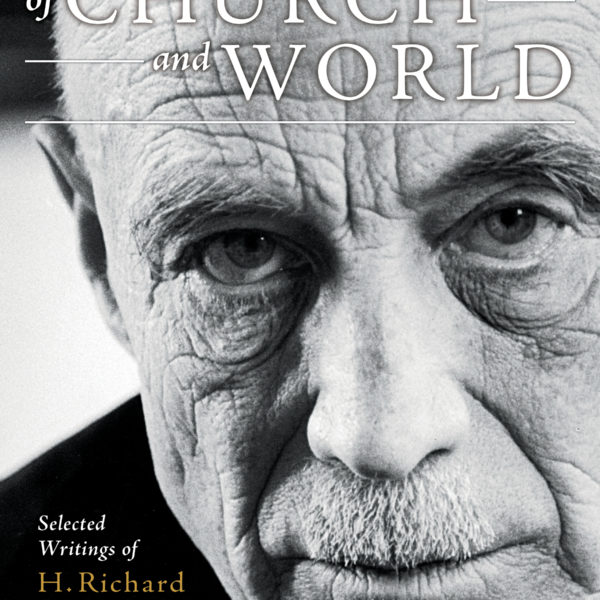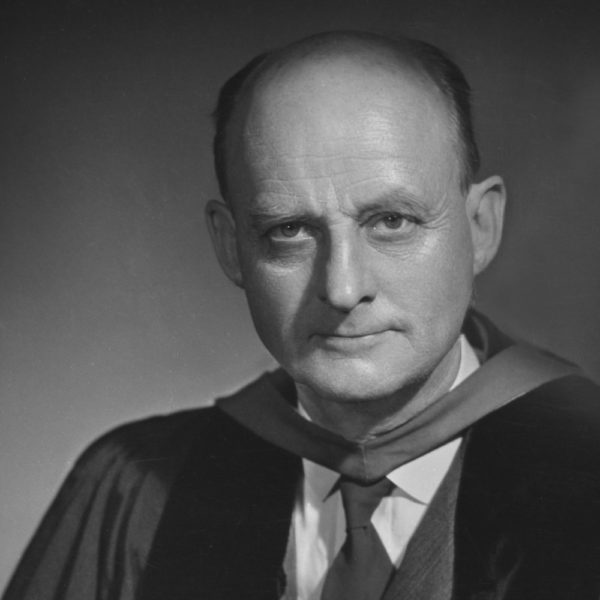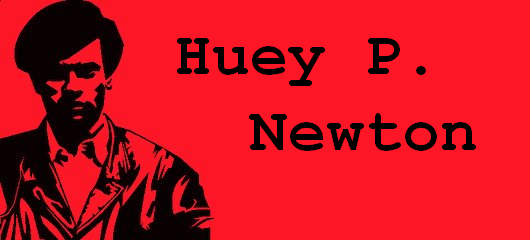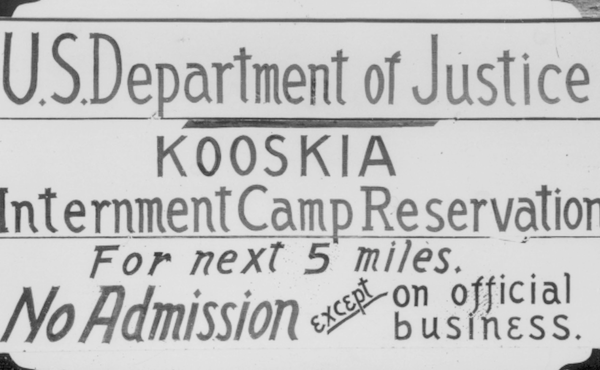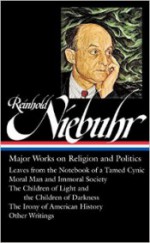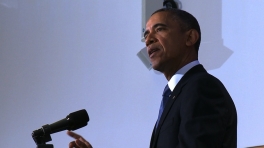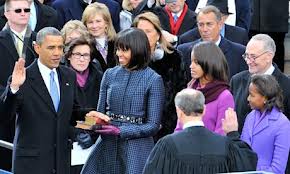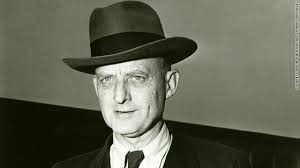
As we inch toward the presidential elections of 2016, crawling through a seemingly endless desert of soundbites, debates, and TV advertisements, we would do well to step back and revisit Reinhold Niebuhr’s Cold War liberalism. The new collection of Niebuhr’s Major Works on Religion and Politics, edited by Elisabeth Sifton, shows that Niebuhr’s political reflections are just as relevant today as they were when he wrote, and can guide us through the political wasteland in which we currently find ourselves.
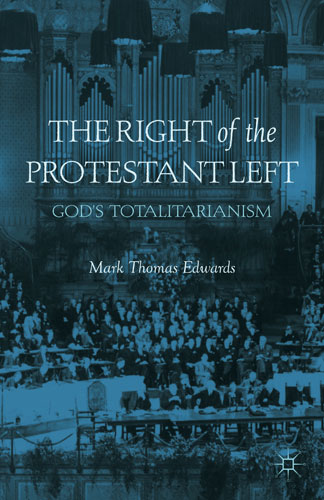
The Right of the Protestant Left: God’s Totalitarianism (Palgrave Macmillan, 2012) is really three books rolled into one, with three separate but overlapping arguments. Because of this, it can be hard to follow the different strands. I thought the most helpful way to introduce my book to readers would be to unpack each of the arguments. Before I begin, though, let me define briefly my subjects, the “old ecumenical Protestant left.” Like the old left it was affiliated with, the old Protestant left has often been reduced to a few of its leaders, namely Reinhold Niebuhr and Paul Tillich; the community orientation of the movement has thereby been lost…
